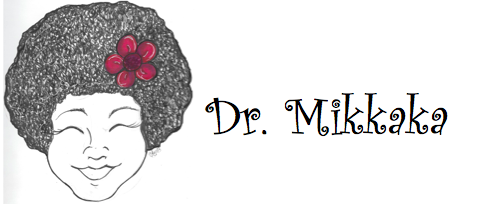Find a Place to Start
Certainly, no one will be able to do everything, but finding a place to start is the beginning. ~Catherine Compton-Lilly (2008), p.153
I have the privilege of speaking to teachers and scholars all over the country fairly often. We talk about improving as teacher, especially as culturally responsive teachers who create inclusive learning environments for all students. Almost always during these conversations, someone expresses being overwhelmed with finding the time to do this work. Someone else usually shamefully admits having committed some faux pas that they now know is harmful. Still others seem daunted by the idea of overhauling their practice.
Like Lewis Carroll's Alice, “I can't go back to yesterday…I was a different person then” (Carroll, 1865, p. 55). None of us can go back in time. We can only do better when we know better. I remind myself and the teachers I work with that feeling bad about past mistakes means we’ve grown, which we should be doing as lifelong learners. I’ve said and done some cringe-worthy and even appalling things in my life (that I sometimes replay in my mind at 3 am). I’ll make many more mistakes. The one mistake I won’t make is to stop learning from my errors.
My PhD journey shaped me into a person more driven than ever to change the world of education. By simultaneously advocating for students, families, and teachers it is my goal to disrupt deficit narratives and help create a world where the funds of knowledge carried by all three groups are valued. In this new world teachers will be dedicated to lifelong learning and will be respected as professionals, families will be empowered as partners in their children’s education, and students will reap the benefits of socially just educational experiences. It’s a big dream, but I’ve learned that the most important step is the first one.
If you want to change your practice, find a place to start. You don’t have to overhaul everything at once. Changing one thing for the better already makes you a better teacher than you were least week. Add one new diverse book to your read alouds, and plan an appropriate and affirming lesson around it. Make one positive call to nurture a relationship with a parent this week. Consciously cut one common ableist, racist, heteronormative, or sexist word or phrase from your vocabulary.
Baby steps add up. Just find a place to start.
Keep the conversation going in the comments or in your own circles. Questions for Reflection: What is one thing you could do tomorrow to create a more inclusive environment in your classroom or community?

